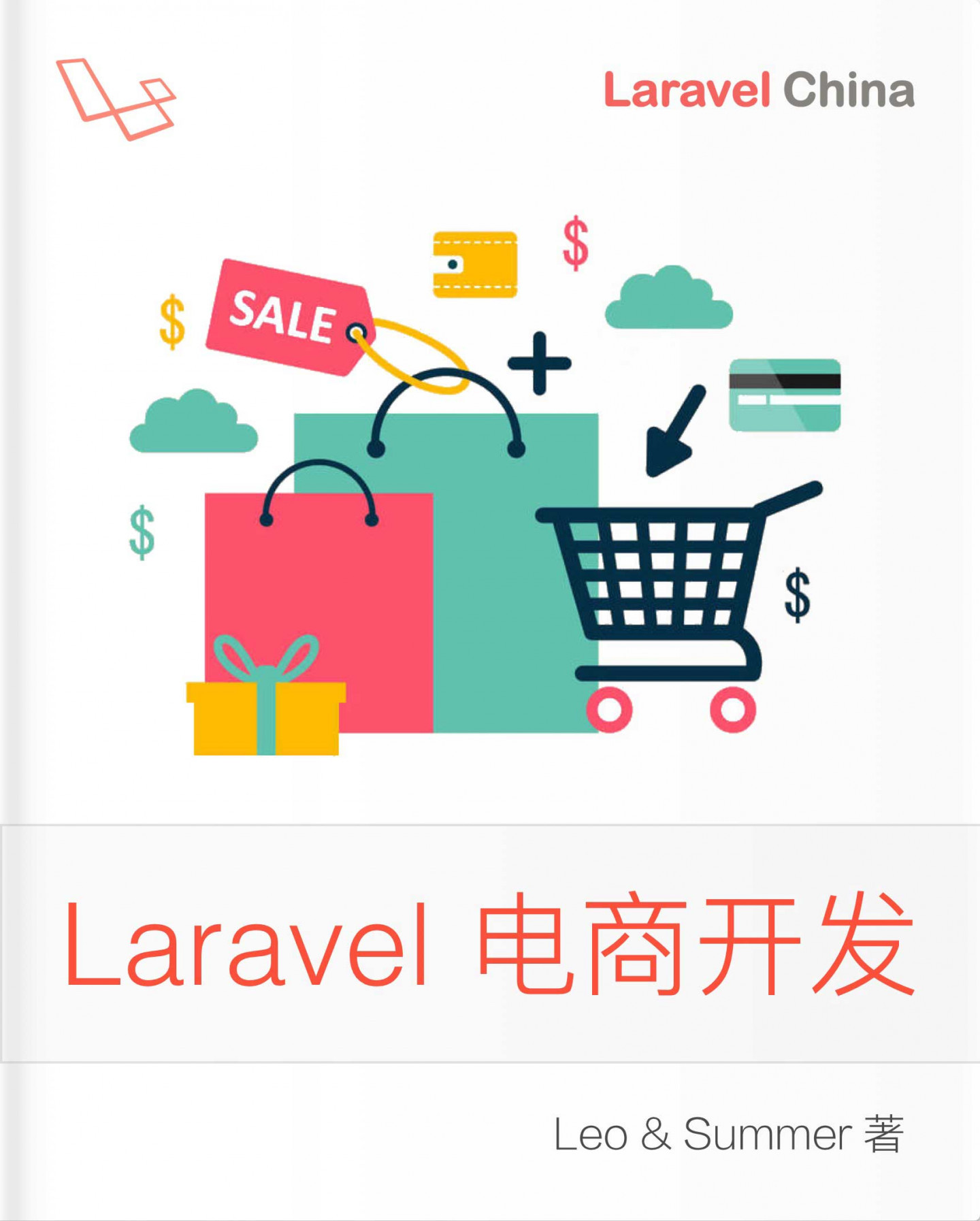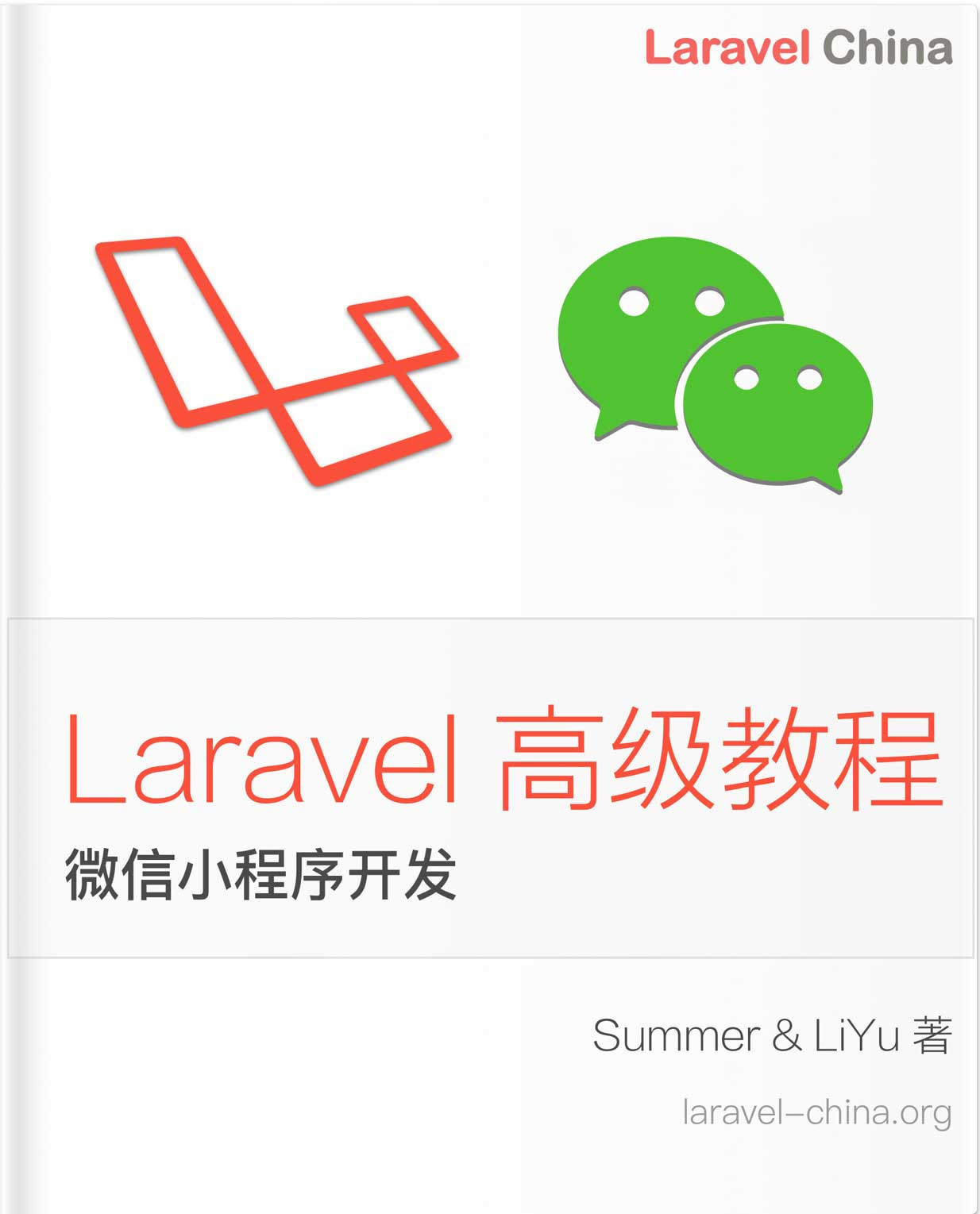优雅的使用路由模型绑定
Basic
laravel5.1/5.2发布的路由模型绑定是一个非常强大的功能,dingo/api中想要使用路由模型绑定需要引入bindings组件到dingo的路由组中
路由中的参数命名
如有需要,使用资源的单数形式为路由命名,而不是 {id}/{slug}/{code}等等
正确的示例
# api.php
Route::resource('posts', 'PostController'); // laravel会将参数命名为 post
Route::get('users/{user}/posts', 'PostController@index');
Route::get('posts/{post}/comments', 'CommentController@index');显式绑定
以简书的文章为例,使用RESTFul 风格可以得到以下几条路由
# api.php
Route::get('posts', 'PostController@index'); // 首页/基础帖子展示
Route::get('users/{user}/posts', 'PostController@index'); // 某个用户的帖子
Route::get('collections/{collection}/posts', 'PostController@index') // 某个专题下的帖子可以看到,这里我使用了同一个方法来处理这三条路由.
接下来定义路由模型绑定,这里使用显式绑定,以获得较大的灵活性
# RouteServiceProvider.php
Route::model('user', User::class);
Route::model('collection', Collection::class)然后看看控制器中的定义
# PostController.php
public function index($parent = null)
{
$query = $parent ? $parent->posts() : Post::query();
// e.g
$posts = $query->latest()->paginate();
// ...
}当我们使用第一条路由访问我们的帖子时, $parent得到的是一个null, $query = Post::query.
访问后两条路由时,由于路由模型绑定,$parent 被赋值为具体的model. 此时可以通过model中定义的关联关系来获取query. 通过显示绑定和关联关系的定义,使得$parent->posts()足够抽象,不依赖于具体的model.具有强大的通用性.
p.s
# User.php
public function posts()
{
return $this->hasMany(Post::class);
}
# Collection.php
public function posts()
{
return $this->belongsToMany(Post::class, 'collection_post');
}Advance
对于, 如 我的文章列表,我的订单等我们可能会这样定义我们的 RESTFul 路由
// 这里单数形式的user就代表着me的意思, 参考于github api
Route::get('user/posts', 'PostController@index');
Route::get('user/orders', 'OrderController@index');甚至,依旧已简书为例,简书有两个板块30日热门和7日热门, 我们可能会有这样两条路由
Route::get('hot-30/posts', 'PostController@index');
Route::get('hot-7/posts', 'PostController@index');
// 又或者根据推荐算法通过用户画像推荐不同的文章
Route::get('recommend/posts', 'PostController@index');不要激动,接下来不是算法环节?
?现在的问题是,如何依旧使用同一个方法实现?的几条路由呢?
我们换一种思路.前面我们都是在控制器层面做抽象,然后把具体逻辑交给路由层.可面对上面的需求依旧有些力不从心,那我们不妨寻找一下上面需求的共同点,再提取一层抽象
当然更简单的思路是 拆开几个方法写就ok啦,搞这么麻烦是吧.见仁见智.瞎折腾就是了
我们可以这么做
# api.php
// 使用 {virtual} 来匹配上面的hot-30,hot-7,recommend 等等
Route::get('{virtual}/posts', 'PostController@index'); # RouteServiceProvider.php
Route::bind('virtual', function ($value) {
$virtual = "App\\Virtual\\" . studly_case($value);
return new $virtual($value);
});上面的做法是, 路由模型绑定是基于model,或者说 entity 的(在symfony中model被称作entity).但是hot-30/hot-7/recommend 并不基于model.(当然也可以基于model,不过这不是我们本次讨论的重点),
那我们不妨使用一个virtual 来承载它们, virtual是一个和entity相近又相反的意思.在这里再适合不过了.来看看具体实现
# Hot30.php
namespace App\Virtual;
use App\Models\Post;
class Hot30 extends Virtual
{
public function posts()
{
$ids = ...; // service
return Post::whereIn('id', $ids);
}
}Hot7,Recommend同理. 这样我们又承接起了上面控制器的代码.这里的posts()的作用就相当于比如User.php中的posts()的作用,但是却更加的灵活.
鲁迅说过: 不要害怕在你的app下添加目录
我只是分享了一个简单的想法,更多的用法等着你来探索.
successful!
本作品采用《CC 协议》,转载必须注明作者和本文链接






 关于 LearnKu
关于 LearnKu




推荐文章: